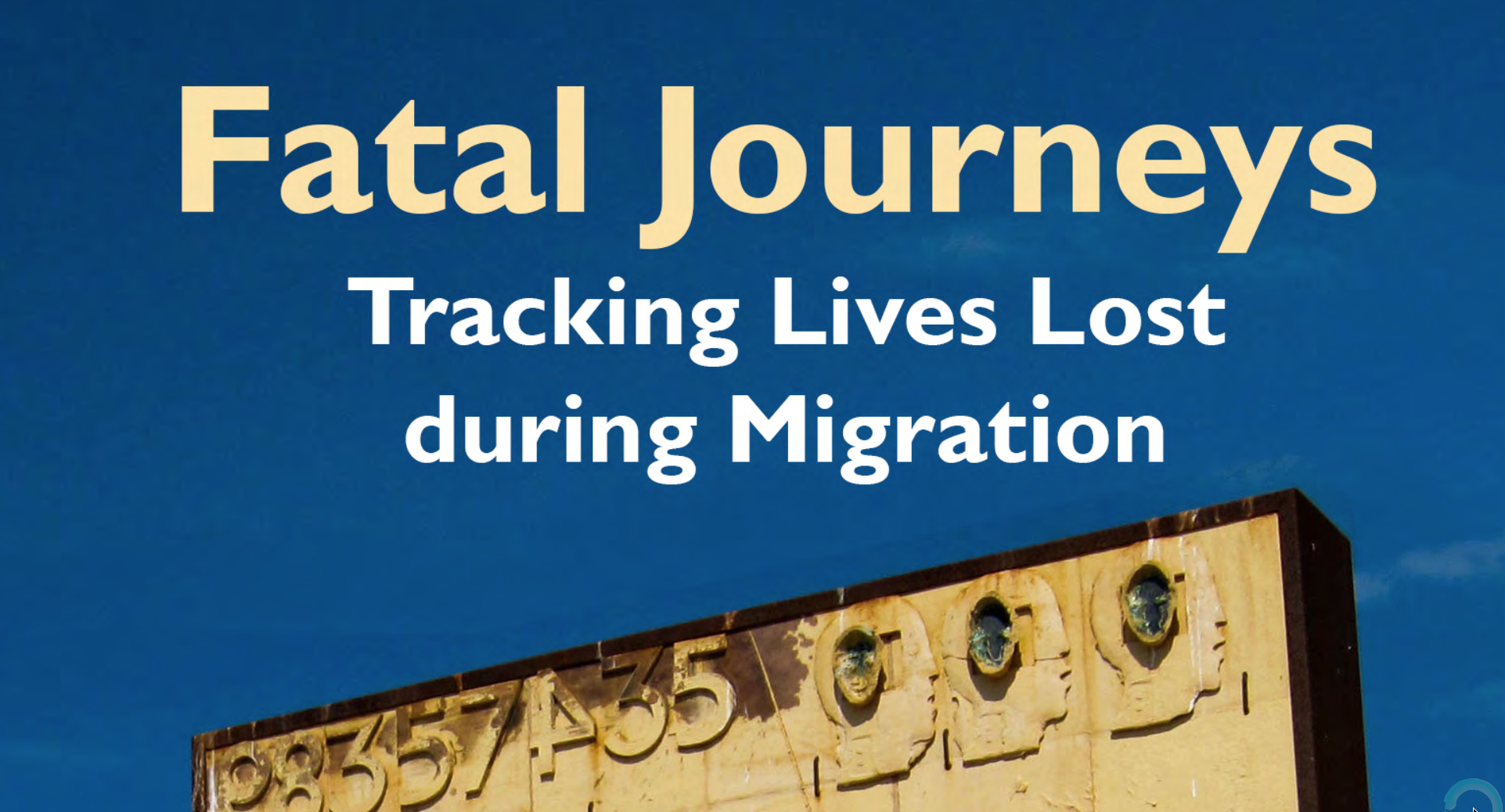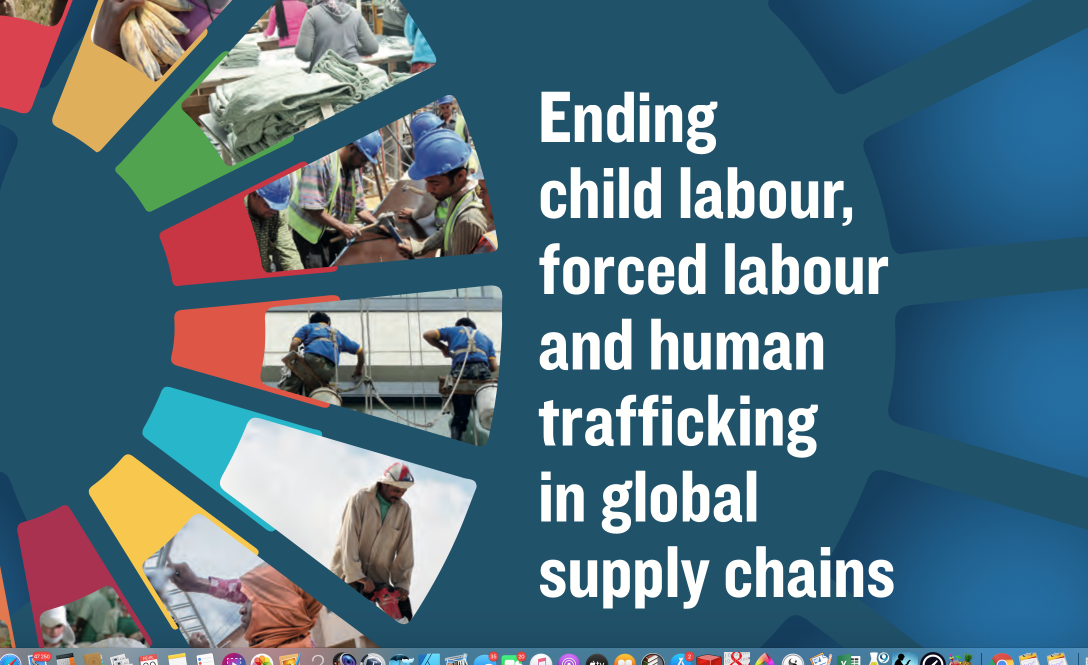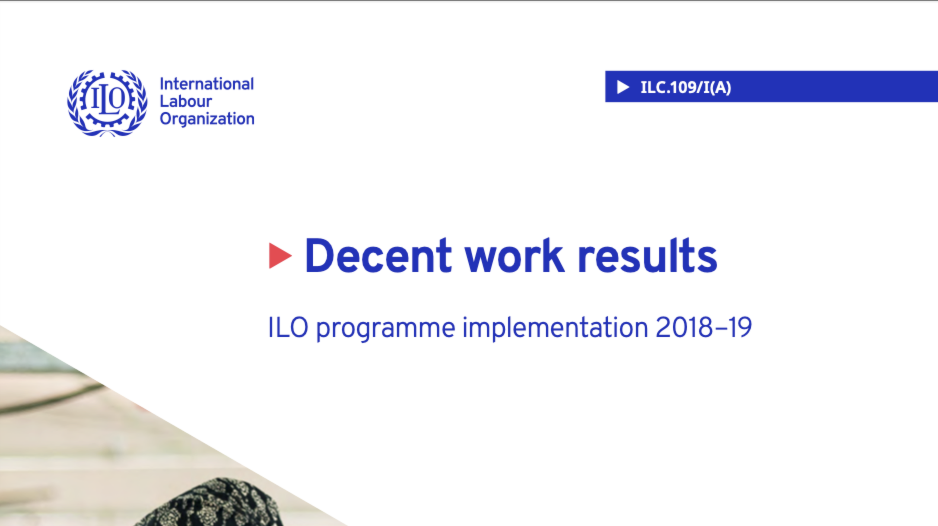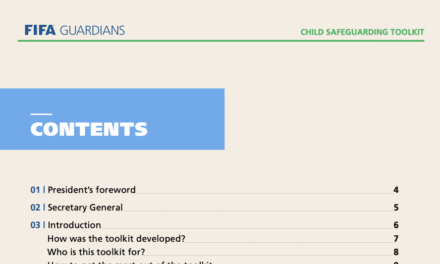Hunger and poverty continue to be persistent challenges for all of humanity even in this twenty-first century. In addition to causing immense suffering, they undermine development and global stability, with repercussions for public health, inequalities, climate action, and democracy itself.
We are losing this battle. Progress in the implementation of Sustainable Development Goals 1 (no poverty) and 2 (zero hunger) is slowing down or, in some cases, regressing.
Most low-income countries, and many middle-income countries, do not have social protection policies. When they exist, high indebtedness and tight fiscal space limit their proper operation. International financing mechanisms are fragmented, hard to scale, and burdened with high transaction costs.
The available instruments are insufficient to set the world back on the path to zero hunger and the eradication of poverty. Global challenges like these require a more ambitious and more effective commitment, with financing and action at all levels.

























